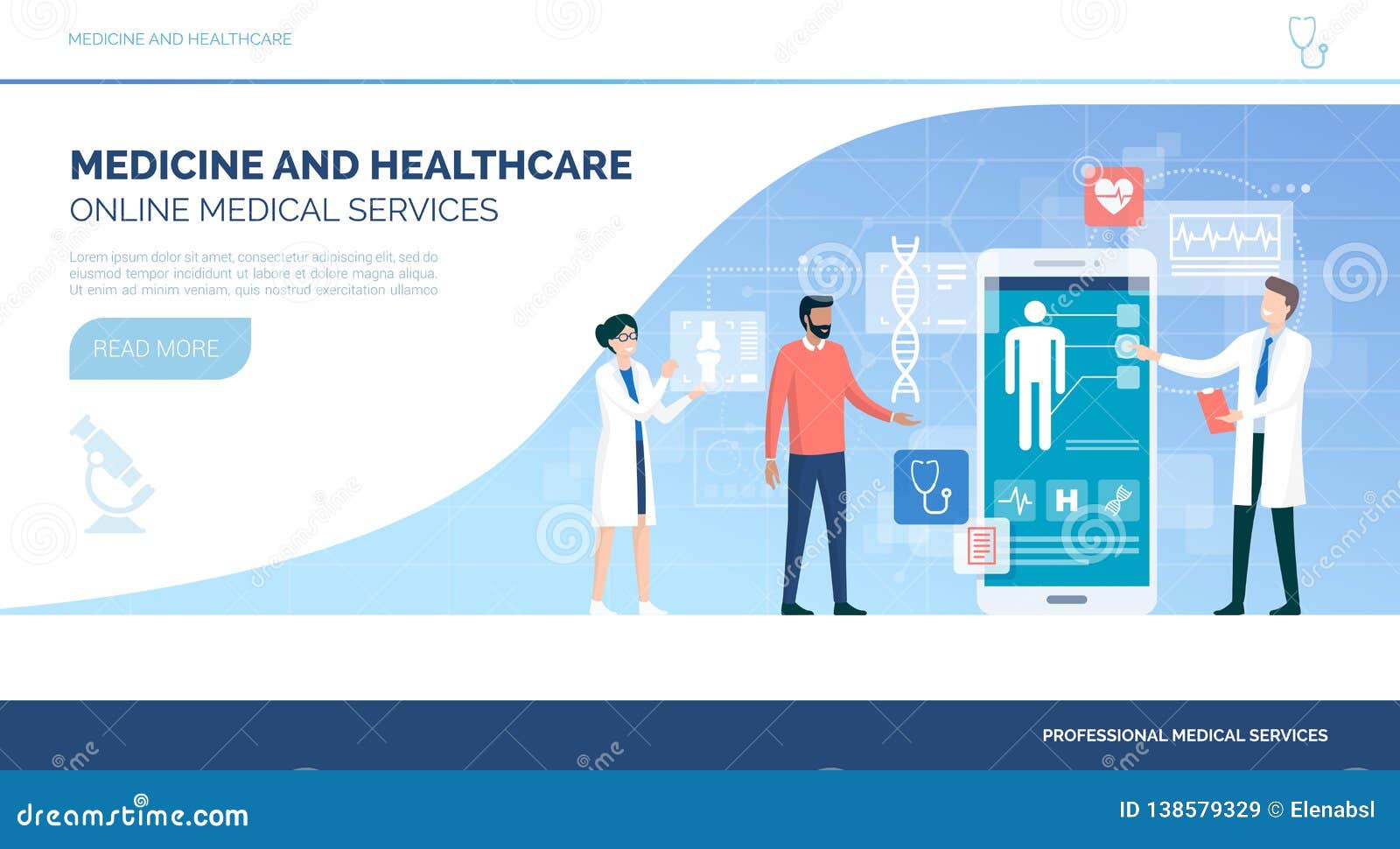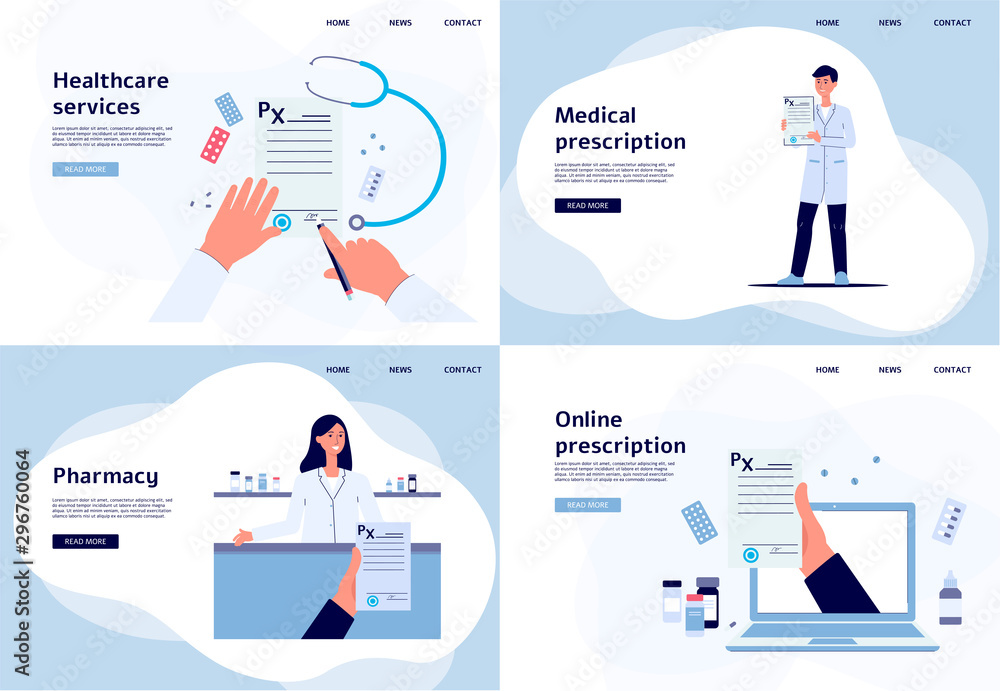Subscription Based Healthcare: Transforming the Means We Think About Health
Subscription Based Healthcare: Transforming the Means We Think About Health
Blog Article
The Increase of Subscription-Based Healthcare and Its Impact on Client Treatment
As health care evolves, the subscription-based version is gaining grip, guaranteeing to reinvent individual care by supplying predictability and accessibility. These designs, which bypass conventional insurance policy, can redefine the patient-doctor dynamic, highlighting personalized and precautionary treatment. As with any technology, they offer difficulties, particularly concerning fair access for all socioeconomic teams. The capacity for these versions to improve healthcare shipment increases pressing concerns concerning their long-term sustainability and inclusivity. Are these membership solutions the future of health care, or do they risk leaving susceptible populaces behind? The details of this shift warrant a closer exam.
Recognizing Membership Healthcare Versions
Comprehending the concept of membership health care versions involves taking a look at a transformative method to medical services that stresses cost and accessibility. These designs, usually referred to as straight main treatment (DPC) or attendant medication, have emerged as ingenious options to conventional fee-for-service medical care systems. Registration healthcare permits individuals to pay a fixed monthly or annual charge for a defined collection of clinical services, which may consist of unrestricted workplace check outs, routine check-ups, and standard laboratory tests, without the demand for typical insurance policy invoicing.
The structure of registration medical care models is made to simplify patient treatment by getting rid of third-party payers and complex payment codes, consequently minimizing administrative burdens. Doctor can focus much more on patient care, fostering stronger patient-provider connections. This model likewise promotes preventative care by urging regular gos to, as the monetary barrier of per-visit fees is removed.
The membership model typically encourages medical care service providers to handle smaller sized individual panels, permitting more personalized care. It lines up economic rewards with individual health end results, as providers are motivated to maintain individual fulfillment and wellness. On the whole, comprehending registration health care models requires acknowledging their prospective to reshape exactly how treatment is delivered and accessed.
Advantages for Providers and people
For service providers, subscription-based designs use the chance to deepen patient-provider connections. With a stable income stream, medical care specialists can commit even more time to every patient, causing a much more customized and comprehensive care experience. This version likewise decreases reliance on high person quantities, minimizing fatigue and boosting job contentment. In addition, the emphasis on preventive care within registration strategies can bring about much better patient end results and lowered long-term healthcare expenses. By concentrating on continual treatment, providers can resolve concerns prior to they escalate, eventually benefiting the health care system overall by reducing the worry on emergency situation and acute care services.
Obstacles and Concerns
While subscription-based health care models existing various benefits, they also feature a collection of obstacles and concerns that should be dealt with. Accessibility remains a considerable issue, as these designs usually target people who can pay for regular monthly fees, possibly excluding low-income populaces. This raises ethical concerns regarding fair accessibility to healthcare services. Furthermore, the varied nature of membership plans can lead to confusion amongst people pertaining to protection specifics, potentially causing unmet expectations or inadequate care.
Financial sustainability of subscription-based models is one more issue. Providers should balance the set earnings from memberships with the variable costs of healthcare services, which might change because of unpredicted clinical needs. This can create pressure to limit solutions or rise fees, potentially impacting client satisfaction and care quality.
Moreover, regulative oversight of subscription-based health care models is still advancing. The lack of standard frameworks can cause inconsistent service quality and accountability, complicating initiatives to ensure person protection. Last but not least, the assimilation of technology-- typically a cornerstone of these versions-- elevates inquiries concerning data privacy and safety, as delicate client information might be susceptible to violations. Attending to these obstacles is vital for the equitable and successful implementation of subscription-based health care.
Effect On Patient-Doctor Relationships
One substantial impact of subscription-based medical care designs on patient-doctor relationships is the capacity for enhanced continuity and personalized treatment. By taking on a membership version, medical professionals can manage a smaller individual panel, permitting even more devoted time with each person. This raised schedule cultivates a much deeper understanding of an individual's medical history, way of life, and choices, enabling much more tailored therapy strategies and treatments.

Nevertheless, it is very important to recognize that while subscription-based versions might benefit those that can afford them, they might inadvertently broaden health care variations. Clients that are incapable to get involved in these models may experience decreased access to individualized treatment, possibly impacting their connections with doctor. Hence, while the subscription model provides encouraging advantages for patient-doctor partnerships, it additionally postures difficulties that require to be resolved to make sure equitable health care access.
Future of Health Care Access

The duty of innovation can not be overlooked in this transformation. Telemedicine platforms and electronic health and wellness documents facilitate seamless interaction in between patients and doctor, breaking down geographical and logistical barriers. Furthermore, improvements in synthetic intelligence and information analytics can further individualize healthcare by anticipating client demands and optimizing treatment plans.
Nevertheless, the future of health care access also presents difficulties, such as ensuring equity throughout different socio-economic groups. Policymakers and doctor have to team up to connect the electronic divide, making certain that subscription-based versions continue to be comprehensive and budget friendly. As these systems mature, they hold the pledge of making medical care extra obtainable, efficient, and patient-centric.
Final Thought
Subscription-based medical care versions are reshaping patient treatment by offering a stable price structure and improving access. The increase of subscription-based medical care urges aggressive patient interaction, which has the prospective to enhance person results and contentment, signifying a transformative shift in health care shipment.
As medical care evolves, the subscription-based design is gaining grip, assuring to revolutionize individual treatment by offering predictability and access.Subscription-based healthcare versions offer unique benefits for both companies and patients, improving the general medical care experience.As health care systems evolve, the future of healthcare accessibility frequently hinges on the assimilation of check my reference cutting-edge versions and technologies.Subscription-based health care models are improving patient treatment by providing a secure expense framework and boosting ease of access. The surge of subscription-based medical care motivates aggressive person interaction, which has the possible to improve individual results and complete satisfaction, indicating a transformative shift in healthcare shipment.
Report this page